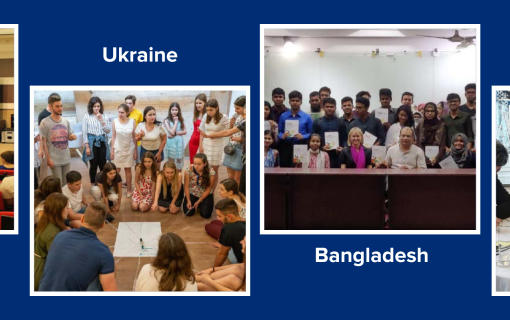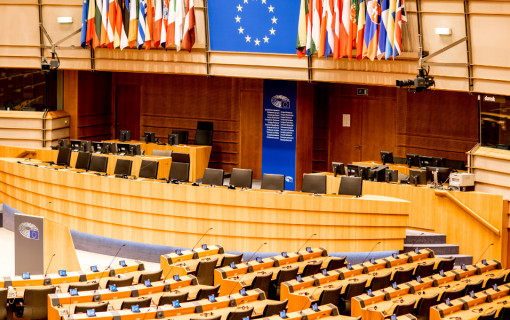Technical Assistance Mission to the OSCE/ODHIR, Republic of Albania, May - July 1997
The ODIHR in Albania: A Short History
The 1997 Parliamentary Elections, held on June 29, 1997, were the result of a March, 1997, agreement between the Albanian government and the Organization for Security and Cooperation in Europe (OSCE) to provide assistance, advice, and monitoring during the preparation and conduct of these elections. In May, a political contract was signed by representatives of ten (10) Albanian political parties welcoming the presence of domestic and international observers and reconfirming their support for international assistance and monitoring of the elections (Appendix I).
The OSCE mandate, however, was narrow, allowing for technical assistance and support to the Albanian authorities in organizing their own elections. The Technical Assistance Mission was originally organized to include eighteen (18) technical advisers, working under the leadership of an Election Coordinator, with supervision provided by the OSCE's Office for Democratic Institutions and Human Relations (ODIHR). International technical assistants, assigned as logistics specialists, arrived in mid-May and undertook the responsibility for local staff hiring, equipping the office, and obtaining office supplies.
Three unit heads were in place by the first week of June, 1997, when the Election Coordinator resigned. The mission was quickly reorganized, with a new Election Coordinator designating six (6) unit coordinators. By that time, the number of international technical advisers numbered twenty seven (27), representing fourteen (14) countries.
The security situation in Albania, a result of civil unrest caused by failed "pyramid" investment schemes, led many to believe the elections would be postponed. The OSCE, however, strongly supported the holding of elections on June 29 and urged the Albanian authorities and political forces to commit a major effort to the election process and preparations.
A national curfew was in effect from 10 p.m. to 5 a.m. and travel to most places outside of the capital of Tirana was only allowed with an armed escort. The OSCE/ODIHR leadership worked closely with the Multi-National Protection Force (FMP), however, regional advisers were only deployed to approximately 75% of the country, due to security concerns in the remaining areas of Albania.









